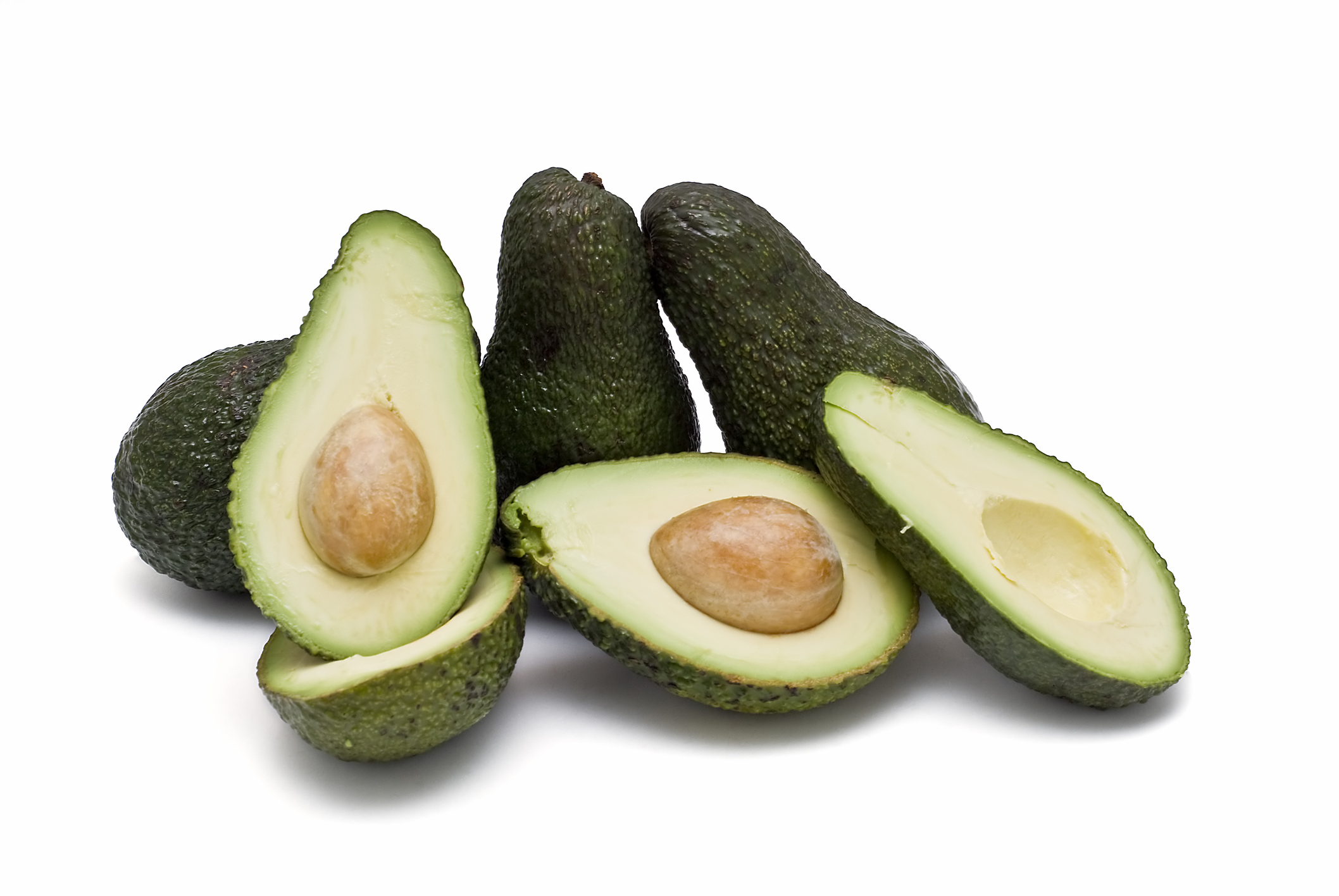Guide To Healthy Everyday Foods That Naturally Boost Concentration
Research studies indicate that food has a substantial influence on brain functioning. In addition, the foods adults eat can affect their likelihood of developing dementia as they age. Nonetheless, given their busy schedules, many look for quick fixes, such as sugary snacks and energy bars, to sharpen their focus and concentration. Although this may provide short-term benefits, the effects do not last without frequent consumption of these unhealthy foods. Instead of turning to sugar or caffeine, use these fourteen everyday foods to improve concentration.
Avocados

Avocados contain monounsaturated fats, which support healthy blood flow to the brain. This boost in blood flow leads to increased productivity and brain functioning. In addition, research conducted by the Federation of American Societies for Experimental Biology suggests that fats in avocados help to protect nerve cells in the brain. Because they are rich in antioxidants, vitamin C, and vitamin E, avocados promote brain health. As a result, consuming avocados improves the functioning of brain areas responsible for problem-solving, thinking, and memorizing. Furthermore, a study published in the British Journal of Neurosurgery shows that eating avocados along with soybean fats helps to protect against nerve damage and prevent oxidation.
Fish And Other Seafood

According to scientific research, eating foods rich in omega-3 fatty acids helps to slow cognitive decline. This may be in part because fatty acids boost memory performance by fifteen percent. Sardines and salmon are high in omega-3 fatty acids and have been shown to reduce the risk of rheumatoid arthritis, heart disease, and chronic disease. There is also evidence that they slow the aging process. In addition to being an excellent source of protein, fish may improve the structure of the brain. Science shows that adults who eat fish have more brain matter, which results in improved cognition and memory.
